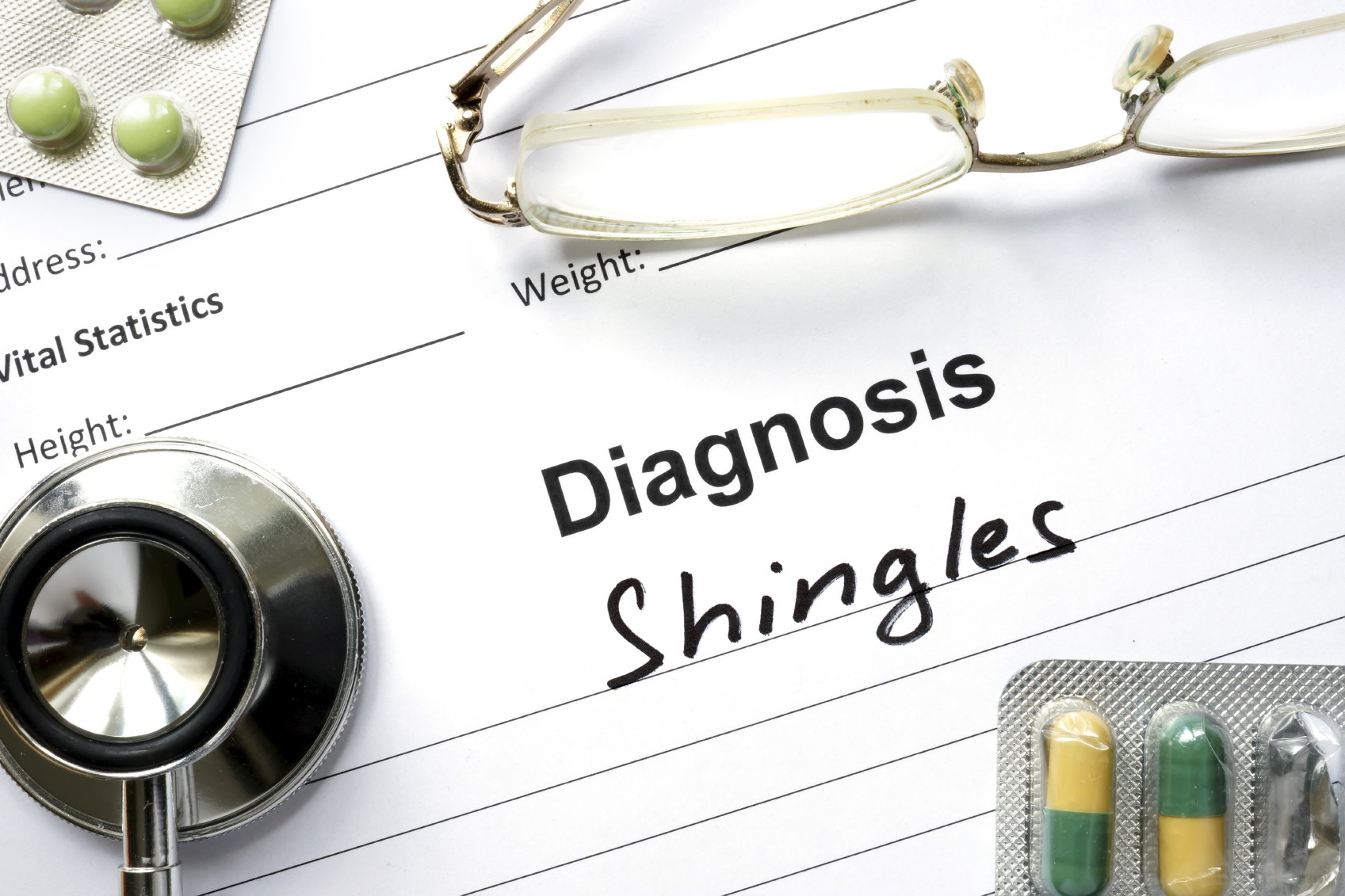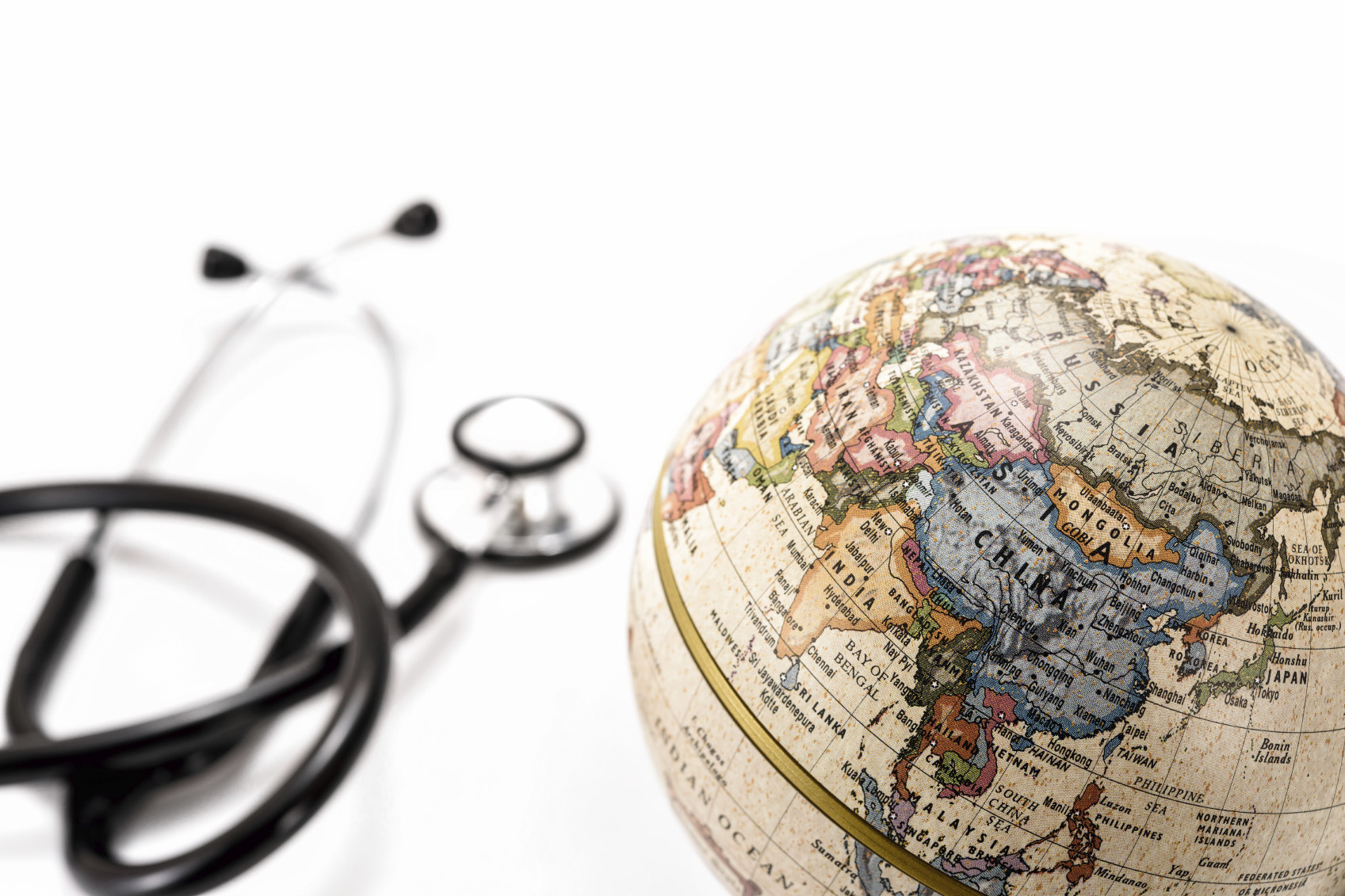
5 timeless habits for better health

What are the symptoms of prostate cancer?

Is your breakfast cereal healthy?

When pain signals an emergency: Symptoms you should never ignore

Does exercise give you energy?

Acupuncture for pain relief: How it works and what to expect

How to avoid jet lag: Tips for staying alert when you travel

Biofeedback therapy: How it works and how it can help relieve pain

Best vitamins and minerals for energy

Should you take probiotics with antibiotics?
Harvard Health Blog
Read posts from experts at Harvard Health Publishing covering a variety of health topics and perspectives on medical news.
Articles
New depression screening guidelines benefit pregnant women and new moms–and everyone
The U.S. Preventive Services Task Force has recently updated their guidelines on depression screening to include pregnant and postpartum women, which will be a great help to the many new moms who experience mood changes that go beyond the “baby blues.” The updated guidelines offer other benefits, too, that help improve everyone’s access to mental health care — especially those who can’t currently afford it.
10 ways to raise a healthy eater
Eating healthy is a habit — and, like any other habit, it can be taught and learned. Most kids need guidance as they learn how to enjoy healthy foods and eating patterns. We’ve shared 10 of our best tips for how to help your child become a healthy eater.
Vitamin D and physical function: Is more better?
Much has been promised about the potential health benefits of vitamin D, but the evidence behind many of these promises is lacking. In fact, a recent study that tested whether vitamin D supplements protected older people from physical decline found that those on higher doses were more likely to have a fall. It’s important to get enough vitamin D in your diet. But when it comes to supplements, more is not always better.
The latest ways to relieve the burden of decision-making at life’s end
A POLST order goes beyond what a DNR can cover: it allows you to set your preferences for treatments such as nutrition, pain medicine, and antibiotics at the end of life, and it applies both inside and outside the hospital. However, it’s not without its drawbacks. Ultimately, it’s safest to draw up not only a POLST, but other types of tried-and-true directives, to ensure you get the end-of-life care you want.
Zika, pregnancy, and winter travel: Many unknowns, and a cautious message
If you’re planning an escape from the dreary winter weather, and you’re pregnant or trying to get pregnant, you may want to plan your destination carefully. There’s still a lot we don’t know about Zika virus — which is now widespread in several favorite tropical destinations, such as the Caribbean — and its potential pregnancy-related complications. Until we know more, it’s better to be safe and follow the precautions we’ve listed here.
Don’t shrug off shingles
Shingles, an itchy and painful rash that occurs when the chickenpox virus reactivates in your body, shouldn’t be written off as just a nuisance. If it’s not treated promptly with an antiviral drug, it can cause a host of serious long-term complications. Fortunately, there’s a vaccine that can slash your risk of shingles by half, and another, even more effective one in the pipeline.
Starting your baby on solids? Here are three new things I tell parents to do
Over the past few years, research has changed pediatricians’ recommendations for when — and how — to introduce babies to solid foods. For example, many doctors now recommend giving young children peanut products and fish very early, as this actually reduces the risk of developing allergies. Of course, every baby and family is different, so it’s always best to run your baby’s “first foods” by his doctor before giving them.
Kidney stones are on the rise
A recently published study has found that the incidence of kidney stones is on the rise. These stones, which are formed when chemicals in the urine crystallize, can cause serious complications in addition to the usual pain and urinary trouble. It’s not clear why they’re becoming more common, but climate change and rising rates of obesity may be to blame.
Is football safe for kids?
Many team sports have tremendous health benefits for children, but youth football, in particular, continues to pose a concern because of the high risks of concussion and other injuries. A recent NEJM article has taken a stance against allowing tackling in youth football. But is this position really the best way to promote the health and safety of youth athletes?
New depression screening guidelines outline very helpful, yet achievable goals
The U.S. Preventive Services Task Force recently updated their guidelines on screening for depression. This time around, they recommended widespread screening through primary care practices, plus gave special attention to women who are pregnant or recently gave birth. These matter-of-fact, achievable guidelines and goals have the potential to reap enormous health benefits.
What the rise of Zika (and other viruses) might tell us about our planet
Zika, a virus that was almost unknown just a short time ago, is now certain to spread to almost every country in the Americas. But why have the U.S. and other countries become more vulnerable to the threat of exotic pathogens? There currently aren’t enough data to make any solid connections, but many experts agree that the rise of global trade and travel, climate change, and ecosystem changes are all major factors.

5 timeless habits for better health

What are the symptoms of prostate cancer?

Is your breakfast cereal healthy?

When pain signals an emergency: Symptoms you should never ignore

Does exercise give you energy?

Acupuncture for pain relief: How it works and what to expect

How to avoid jet lag: Tips for staying alert when you travel

Biofeedback therapy: How it works and how it can help relieve pain

Best vitamins and minerals for energy

Should you take probiotics with antibiotics?
Free Healthbeat Signup
Get the latest in health news delivered to your inbox!
Sign Up

























